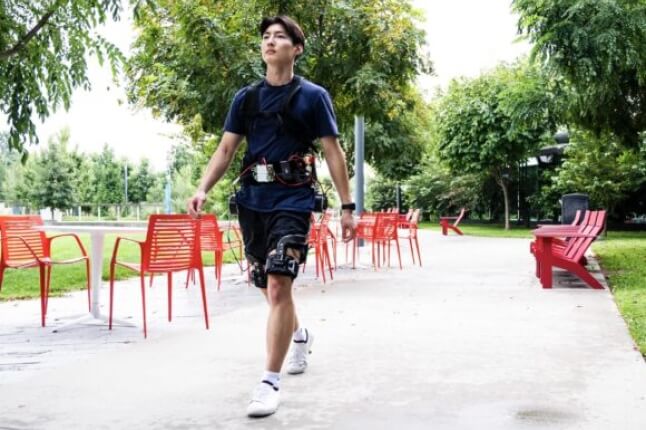News
CAMBRIDGE, Mass. - September 22, 2010 — The Harvard School of Engineering and Applied Sciences (SEAS) today announced a commitment to foster graduate training and research in applied computational science, infusing the SEAS curriculum with new courses and student research opportunities that will focus on the use of computation to power discovery and innovation.
The aim of the new effort is to expand Harvard’s educational capacity in applied computational science, a growing field that brings together mathematical models, algorithms, systems innovations, computational techniques, and statistical tools.
“From understanding the dynamics of bloodflow to visualizing complex data to tethering low-cost hardware together to create virtual supercomputers, applied computation is at the core of science and engineering,” says Cherry A. Murray, dean of the Harvard School of Engineering and Applied Sciences and John A. and Elizabeth S. Armstrong Professor of Engineering and Applied Sciences. “We owe it to our students to ensure that SEAS is at the forefront of this exciting field.”
Taking advantage of the highly interdisciplinary nature of SEAS and its intellectual connections to departments and schools throughout Harvard, faculty members will enhance existing courses and develop new ones. The courses will be available to Harvard graduate students across the sciences.
Efthimios Kaxiras, John Hasbrouck Van Vleck Professor of Pure and Applied Physics, will serve as the Director, effective September 1, of a newly created SEAS-based Institute for Applied Computational Science and be responsible for academic oversight. Kaxiras, an expert in materials physics, has long used sophisticated computation techniques to spur advances in biomedical applications.
In collaboration with researchers at Harvard Medical School and in Europe, he leads a project on hemodynamics, using computational techniques to model blood flow at multiple scales. The goal is to help diagnose and prevent life-threatening blockages of blood flow in the coronary arteries.
“Computation is an indispensable tool for advancing all scientific endeavors, from the most abstract theories about the nature of matter to the most practical aspects of complex engineering applications,” Kaxiras says. “The sophistication of new computer architectures and the complexity of problems that can be addressed with these machines, requires new ways of thinking, of formulating the problems and of executing the computations and interpreting the results.”
During Dean Murray’s year-long strategic planning process, raising the practice of applied computation at SEAS emerged as a critical priority. This mandate will be carried out under the umbrella of the new institute, an intellectual effort leveraging Harvard’s existing strengths in computer science and applied mathematics and drawing on its historic tradition of collaboration in engineering and the sciences.
Rather than establishing a new academic or administrative unit, the institute will play a coordinating and capacity-building role, engaging with faculty from all SEAS academic areas.
The endeavor will also attract visiting faculty to offer specialized courses and host student activities. Longer-term, the effort may lead to formalized certificate programs and potentially new Master’s and Ph.D. degrees.
Murray also plans to use the intellectual structure to strengthen relationships with industry and government. Such partnerships benefit research and infrastructure and create new opportunities for students by giving them access to real-world problems and tools.
“We want to make sure that students can readily experiment with novel computer architectures, operating systems, strategies for managing data and networks, visualization tools, and new programming languages to tackle new problems in science and engineering,” says Murray.
“Whether they go to work in industry or pursue research careers, graduate students will need to know how to leverage computer power to solve human problems and explore all aspects of nature and life, at scales and speeds that will require novel computational thinking.”
Topics: Computer Science
Cutting-edge science delivered direct to your inbox.
Join the Harvard SEAS mailing list.



